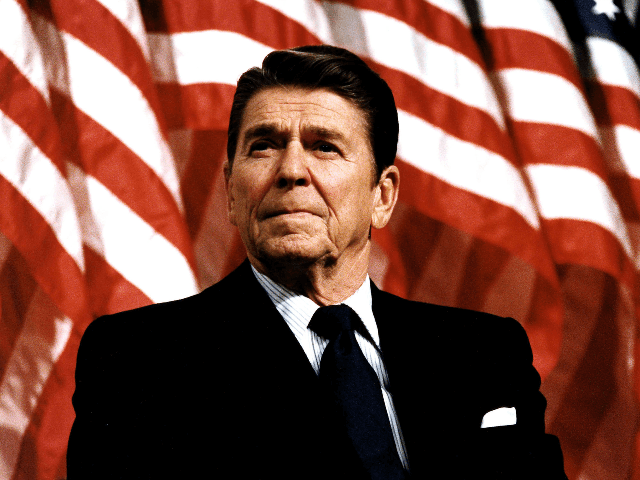Surgeon Who Saved Ronald Reagan’s Life Is Remembered Following His Passing

Dr. Joseph Giordano, the surgeon credited with saving President Ronald Reagan’s life after a 1981 assassination attempt and remembered for one of the pithiest comebacks ever uttered in an operating room, has died at the age of 84.
Giordano’s family announced this week that he passed last month at a hospital in Washington, DC, from an infection caused by a lengthy illness.
Giordano was in charge of the George Washington University Hospital (GW) trauma team that worked on the president after he was shot by would-be assassin John Hinkley Jr. on March 30, 1981, as the president emerged from the Hilton Hotel after a speaking engagement.
In a series of procedures, physicians stabilized Reagan, who had insisted on walking into the hospital under his own power but was also complaining of shortness of breath.
Giordano and his ER team discovered that a .22 caliber bullet was lodged an inch from his heart and that he was undergoing severe internal bleeding.
In a 2010 interview promoting his book Rawhide Down, Jerry Parr, the president’s lead Secret Service agent, said, “Dr. Giordano and the doctors at GW, without them, Ronald Reagan would have died,” the Associated Press (AP) reported.
In what became one of the most iconic moments of his presidency, Reagan greeted his life-threatening condition with humor, reported in AP’s extensive obituary.
Just before he was given general anesthesia, Reagan reportedly rose on one elbow, removed his oxygen mask and said, “I hope you are all Republicans.”
Dr. Giordano, a committed liberal, had a memorable comeback.
“Today, Mr. President,” he said. “We are all Republicans.”
Giordano, born and raised in New Jersey, was the grandson of Italian immigrants. After medical school he served in the U.S. Army and then joined GW as a vascular surgeon. There, he was put in charge of “fixing and managing” its emergency room, according to his obituary.
Giordano upgraded the unit into a trauma center, focusing on speed and expert care for those brought in with life-threatening emergencies, his colleagues said.
Dr. David Gens, who helped treat Reagan and went on to a long career in trauma surgery, told the AP:
We had everything going like clockwork. Joe had us properly trained. We had the right protocols. Everyone had a job. Organization and time are essential. So that when something happened, when the president came in, we were well organized. Thanks in part to Joe’s foresight, we saved the president’s life.
Reagan spent 11 days at the hospital after the successful intervention. Three others were injured in the shooting: White House Press Secretary Jim Brady; Secret Service agent Timothy McCarthy; and Thomas Delahanty, a police officer.
Giordano would go on to become GW’s chairman of surgery, a post he held for 18 years before retiring in 2010.
Hinckley, who tried to kill the president as part of a twisted obsession with actress Jodi Foster, was found not guilty by reason of insanity.
He was confined at a psychiatric hospital for more than 41 years until 2022 when a federal judge ordered his unconditional release.
Contributor Lowell Cauffiel covered Ronald Reagan’s 1980 campaign for the presidency for the Detroit News. He is the best-selling author of Below the Line and nine other crime novels and nonfiction titles. See lowellcauffiel.comfor more